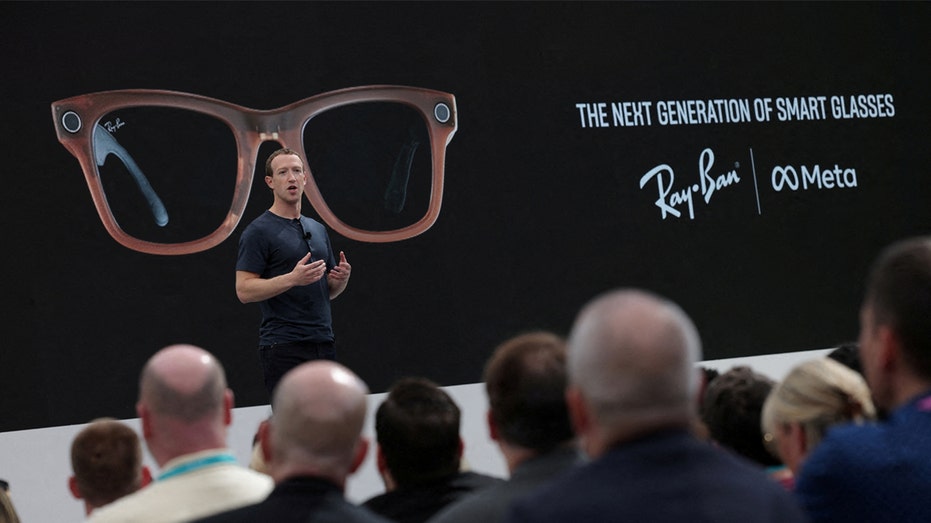Zuckerberg's Bold Claim: Will You Be Disadvantaged Without AI Glasses?

Zuckerberg's Bold Claim: Will You Be Disadvantaged Without AI Glasses?
Meta CEO Mark Zuckerberg recently made a striking prediction: people who don't adopt AI glasses will face a "cognitive disadvantage" in the future. This statement has sparked considerable debate about the role of AI in our lives and the potential for a technological divide. But what exactly does Zuckerberg mean, and what are the implications of such a claim?

Meta, Ray-Ban launch new AI glasses with high-tech features | Fox Business
Understanding Zuckerberg's Vision
Zuckerberg envisions a future where AI glasses seamlessly blend the physical and digital worlds. He believes these glasses will become an essential tool for accessing information, communicating, and navigating daily life. This isn't just about augmented reality games; it's about integrating AI into our cognitive processes.
Meta's current AI glasses, developed in partnership with Ray-Ban, offer a glimpse into this future. These glasses already boast impressive features, including:
- Real-time translation: Breaking down language barriers instantly.
- Object recognition: Identifying objects and providing information about them.
- AI assistant: Answering questions and providing contextual information based on your surroundings.
- Photo and video capture: Documenting your experiences hands-free.
- Livestreaming: Sharing your perspective with others in real-time.
The Potential "Cognitive Disadvantage"
The core of Zuckerberg's argument lies in the idea that these AI-powered features will provide a significant cognitive boost. Imagine having instant access to information, real-time translations during conversations, and AI assistance to help you make decisions. Those without these capabilities, he suggests, could struggle to keep up.
This potential disadvantage could manifest in several ways:
- Workplace: Individuals with AI glasses might be more efficient and productive, gaining an edge in competitive environments.
- Education: Students using AI glasses could access information and learn more effectively.
- Social interactions: Real-time translation and contextual information could enhance communication and understanding.
- Everyday tasks: Navigation, shopping, and problem-solving could become significantly easier with AI assistance.
Ethical and Societal Considerations
While the potential benefits of AI glasses are enticing, it's crucial to consider the ethical and societal implications. A world where access to AI is determined by affordability could exacerbate existing inequalities. Privacy concerns surrounding data collection and facial recognition also need careful consideration.
Furthermore, over-reliance on AI could potentially diminish critical thinking skills and create a dependence on technology. It's essential to strike a balance between leveraging AI's capabilities and maintaining our own cognitive abilities.
Key Takeaways
Zuckerberg's prediction highlights the growing importance of AI and its potential to reshape our lives. While the idea of a "cognitive disadvantage" may seem alarming, it underscores the need to understand and adapt to these technological advancements. As AI glasses and similar technologies evolve, it's crucial to address the ethical and societal implications to ensure a future where everyone can benefit from AI, regardless of their access to specific devices.




